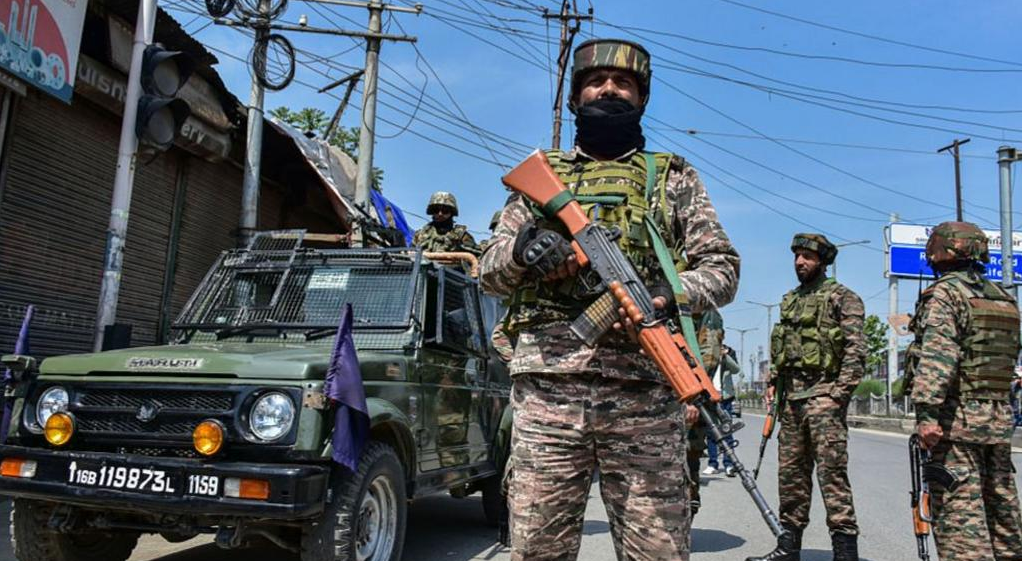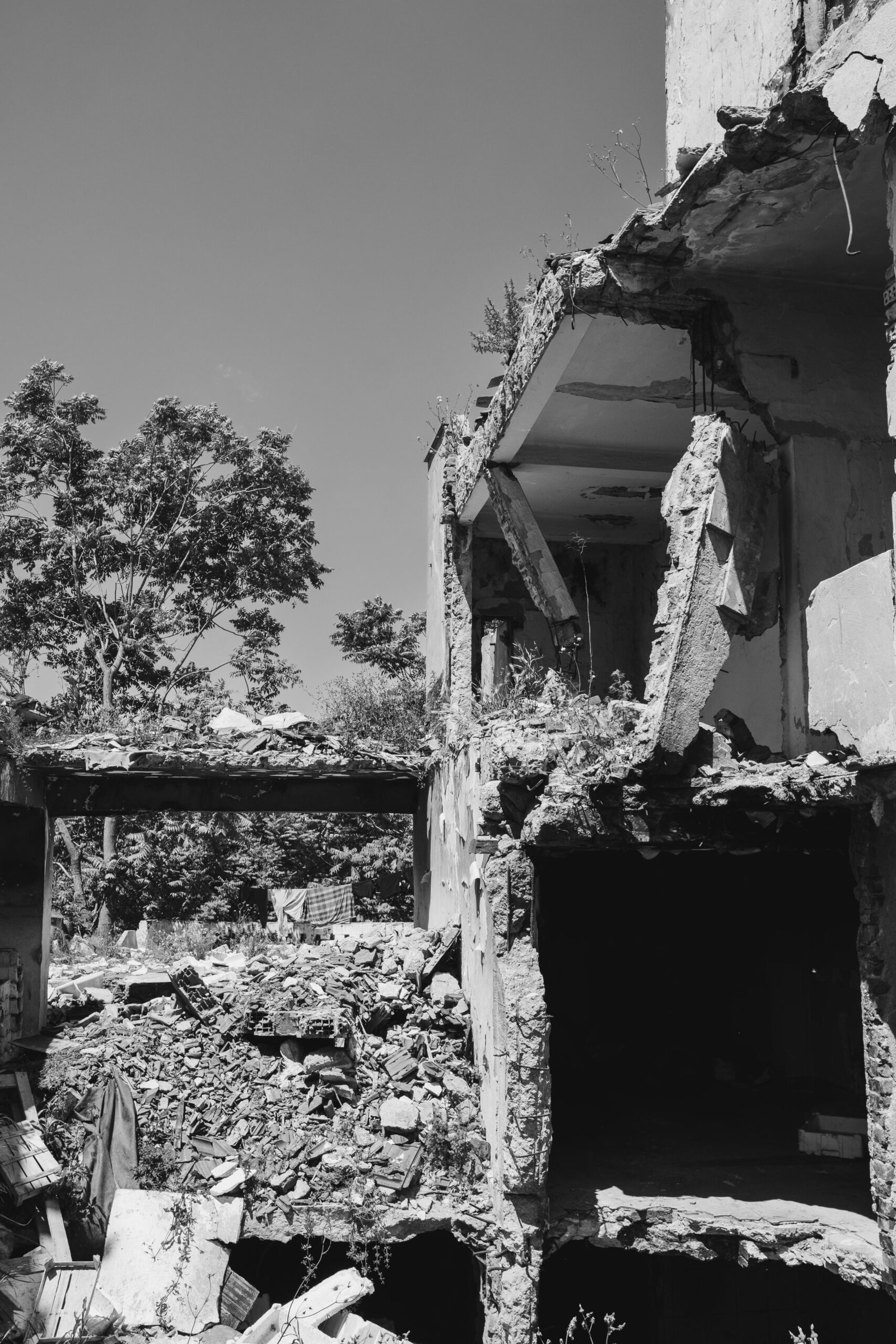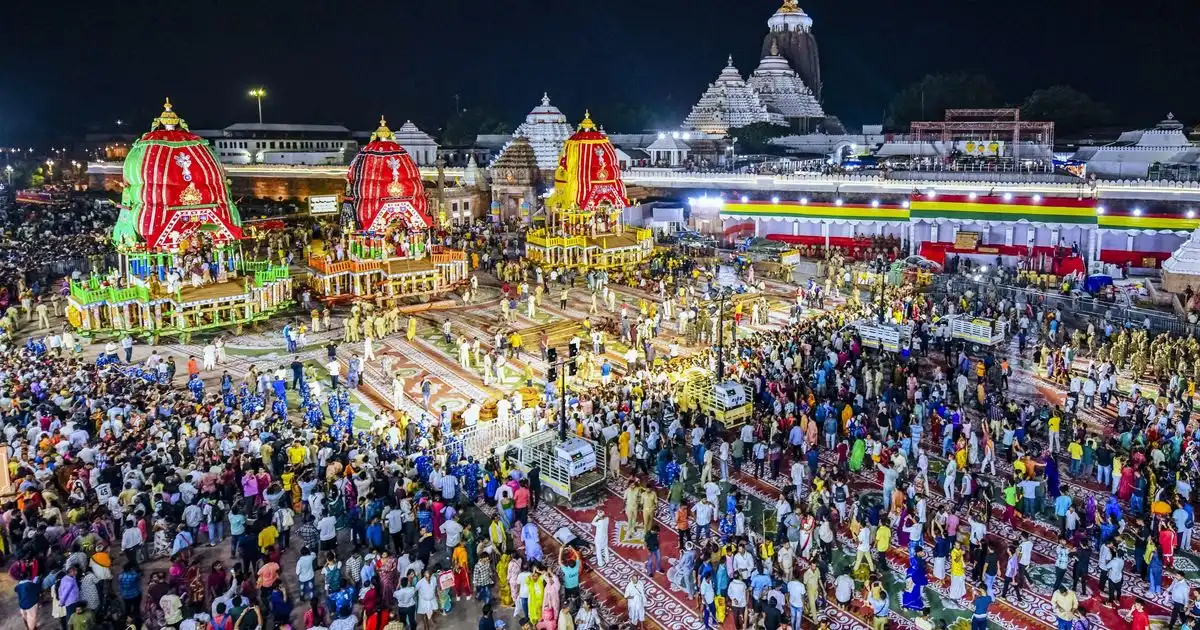Date: April 29, 2025
By: BlogHear News Desk
Srinagar/New Delhi – Tensions between India and Pakistan have escalated rapidly following a deadly militant attack in Indian-administered Kashmir that left 26 civilians dead, making it one of the worst terror incidents in the region in two decades.
The attack, which occurred near the tourist hub of Pahalgam last Tuesday, has triggered a massive security crackdown in the Kashmir Valley and a series of diplomatic and military escalations between the two nuclear-armed neighbours.
Crackdown and Demolitions in Kashmir
Since the attack, Indian authorities have detained over 1,500 people for questioning and demolished at least 10 homes belonging to the families of suspected militants. Security forces reportedly used explosives in several demolitions, raising concerns over human rights violations.
Though officials have not publicly confirmed the reasoning behind the demolitions, sources within the security apparatus say the homes were linked to militants believed to have connections to groups operating from across the border.
Local political leaders have voiced mixed reactions. Jammu and Kashmir Chief Minister Omar Abdullah urged authorities to “punish the guilty without mercy” but warned against letting innocent civilians suffer. Former CM Mehbooba Mufti condemned the demolitions outright, saying the government must not blur the line between terrorists and ordinary citizens.
India Blames Pakistan, Pakistan Denies
Indian officials have accused Pakistan of harboring or aiding militants involved in the attack but have not named any specific group. Pakistan has denied any involvement, dismissing India’s accusations as “baseless” and “politically motivated.”
The Indian police have identified three of the four attackers — two reportedly Pakistani nationals and one from Indian-administered Kashmir. The identity of the fourth suspect remains unknown. A little-known group, initially linked to the attack, has publicly denied any involvement.
Many survivors of the attack say Hindu men were specifically targeted, adding another layer of communal tension to the already volatile situation.

Diplomatic Relations Deteriorate
In a dramatic response, India has suspended the 1960 Indus Waters Treaty — a World Bank-brokered agreement on water sharing — calling it “untenable under current circumstances.” Pakistan has retaliated by suspending the 1972 Simla Agreement, which was meant to promote bilateral conflict resolution.
Both countries have expelled diplomats, halted visa services, and imposed travel bans. At least 500 Pakistani nationals, including diplomats, have left India through the Attari-Wagah border since the attack.
Border Tensions and Risk of Escalation
For the past four nights, India has accused Pakistan of ceasefire violations along the Line of Control (LoC), although Islamabad has not confirmed these incidents.
Military activity has increased, and security analysts warn of a potential repeat of Indian retaliatory strikes similar to those seen after the 2016 Uri and 2019 Pulwama attacks.
Global Calls for Restraint
The United States and United Kingdom have both expressed concern over the rapidly deteriorating situation. A U.S. State Department spokesperson told Reuters that Washington is in touch with both governments and urged a “responsible resolution.” UK Foreign Secretary David Lammy has also engaged with officials in both countries.
United Nations Secretary-General António Guterres condemned the killings, calling for “full accountability” and stressing that attacks on civilians “must stop.”
Modi Vows Harsh Response
Indian Prime Minister Narendra Modi addressed the nation on Sunday, promising to bring the attackers and their supporters to justice.
“Those behind this act will be punished beyond their imagination. We will chase them to the ends of the earth,” Modi said during his monthly radio address.
He added that the attack was meant to “disrupt the return of normalcy” to Jammu and Kashmir after years of violence.
Stay updated with the latest on South Asia’s political developments only on BlogHear.com — your trusted source for global news.




